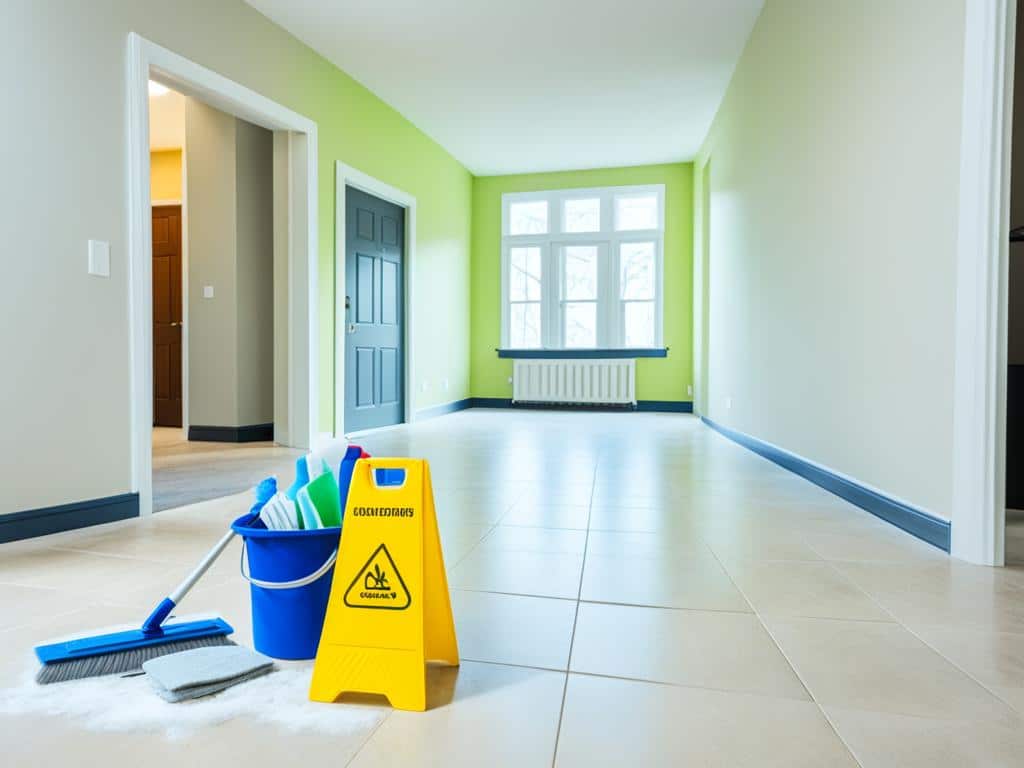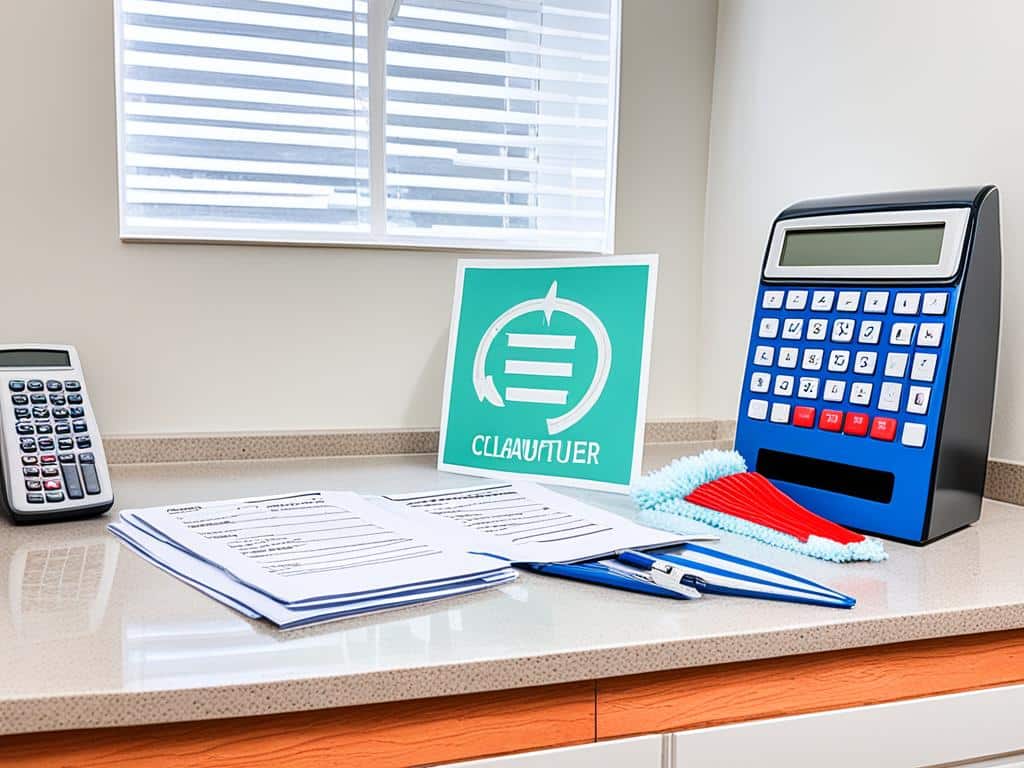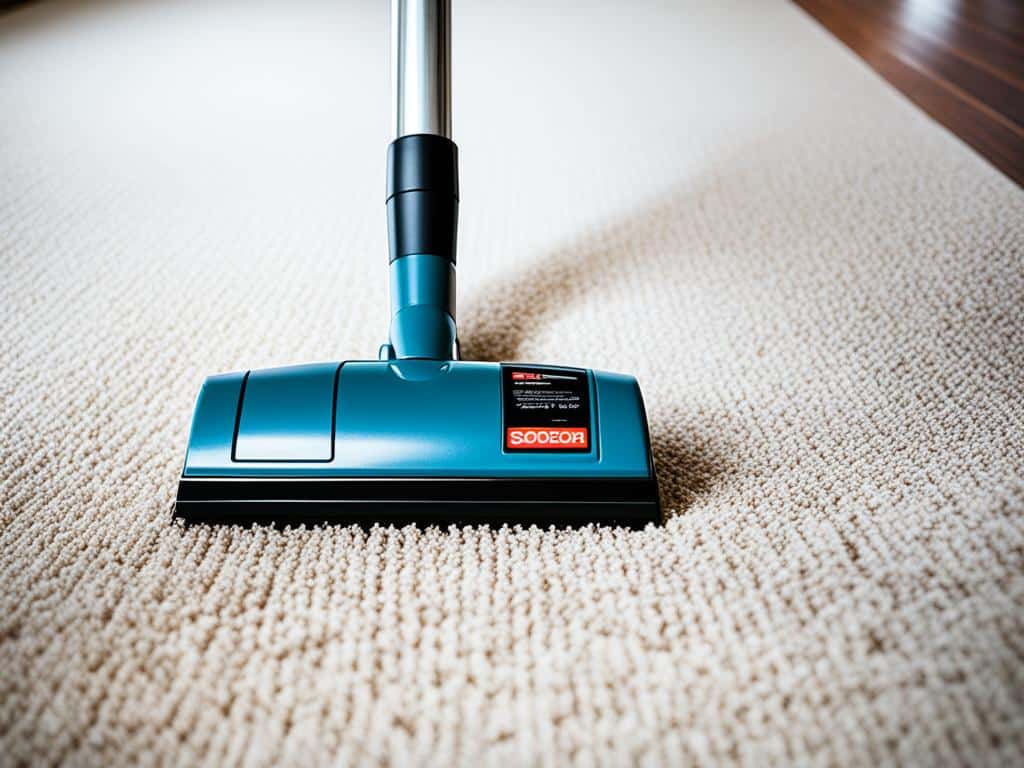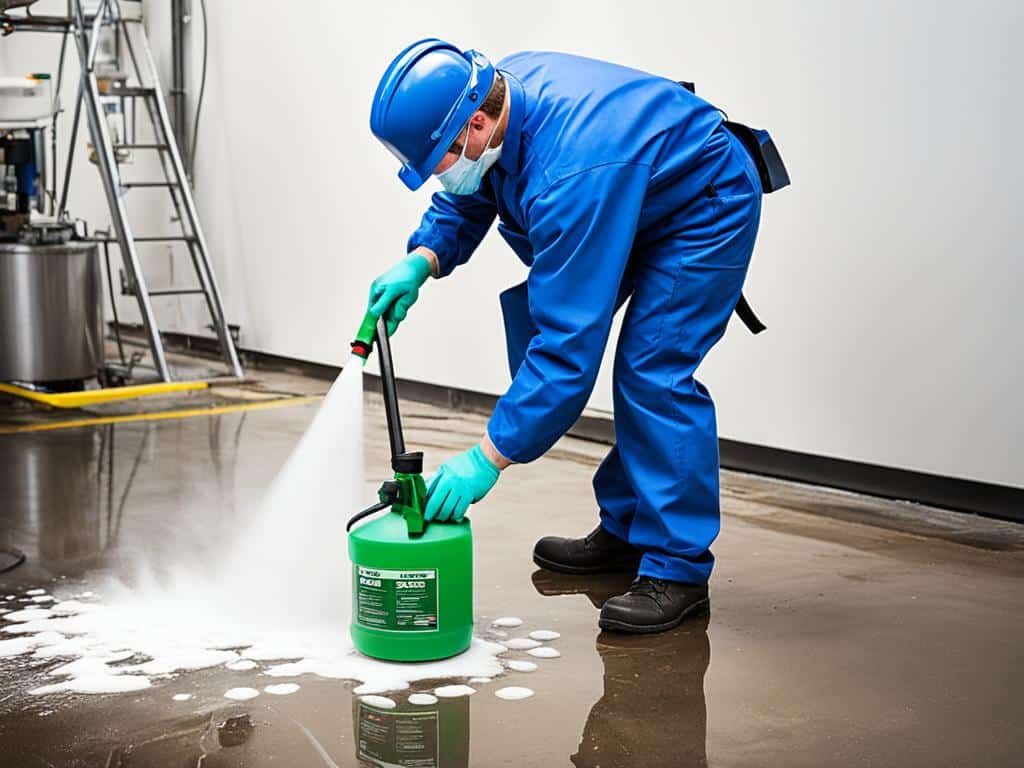
Have you ever wondered if your landlord can charge you a cleaning fee when you move out? This is a common concern for many tenants. You’ll often find lease agreements mentioning rental property cleaning fees, but knowing your responsibilities ahead of time can save you a lot of trouble.
Understanding lease agreement terms and tenant responsibilities is crucial. You need to know what’s expected to avoid any surprise charges. It’s always best to know your rights and obligations when it comes to these fees. This way, you can ensure a smoother rental experience and protect your finances.
Understanding Cleaning Fees in Rental Agreements
Cleaning fees in rental agreements often puzzle many tenants. These fees serve a purpose in maintaining properties. Let’s break down what these fees involve and why they’re essential.
What is a Cleaning Fee?
A cleaning fee is an additional charge imposed by landlords to cover the cost of cleaning a rental unit. Sometimes these are non-refundable cleaning fees, meaning tenants won’t get this money back regardless of the cleaning state upon moving out. This fee ensures the property remains tidy for incoming occupants.
Why Landlords Include Cleaning Fees
Landlords include rental cleaning charges to keep properties presentable for future tenants. It’s easier to attract new renters if the place is clean. The fee often covers professional cleaning services, making sure every nook and cranny is spotless. Without these fees, landlords might struggle to maintain standards.
Typical Charges You Might Face
Typical move-out fees cover tasks like carpet cleaning, deep cleaning services, or routine maintenance. Tenants might see charges for things like steam cleaning carpets, thorough kitchen and bathroom cleaning, or wiping down all surfaces. It’s crucial to understand these charges to avoid surprises.
Clear communication between landlords and tenants regarding these fees is key. Knowing what to expect can help tenants plan financially and ensure they meet their lease obligations.
| Type of Cleaning | Average Cost |
|---|---|
| Carpet Cleaning | $50 – $100 |
| Deep Cleaning Services | $100 – $200 |
| Routine Maintenance | $75 – $150 |
Whether you’re dealing with non-refundable cleaning fees or other rental cleaning charges, it’s always best to know upfront what you might face. Communication and knowledge can save you time and money in the long run.
Legal Aspects of Cleaning Fees
Understanding the legal aspects of cleaning fees can help you avoid unnecessary charges. Various states have different rental laws, so it’s essential to know the rules in your area.
State Regulations on Cleaning Fees
State regulations can dictate whether a landlord can impose cleaning fees and under what conditions. These regulations vary, so you need to check your local tenant law. For instance, some states limit deductions from your security deposit, ensuring only reasonable and necessary cleaning charges are applied. Other states may allow more leeway for landlords, making it crucial to be well-versed with your specific jurisdiction’s rental laws.
Tenant Rights and Protections
As a tenant, you have rights and protections when it comes to cleaning fees. You’re not responsible for normal wear and tear, such as minor scuffs on walls or standard carpet dirt. Tenant law often protects against excessive security deposit deductions. If a landlord tries to charge for normal upkeep, they could be violating your tenant rights. Ensure you document the property’s condition both at move-in and move-out to safeguard your security deposit.
Can a Landlord Charge a Cleaning Fee
Can landlords enforce cleaning fees within their agreements? Yes, they can, but it must be done fairly and transparently. Enforcing cleaning fees falls within the boundaries of fair rental practices when detailed clearly in the landlord-tenant agreement. These fees ensure the rental property remains in good condition for future tenants.
Landlords can charge a cleaning fee if it’s outlined in the lease agreement you signed. This clause should state the nature of the fee and under what conditions it applies. If the agreement is transparent, you’ll know exactly when and why you might be charged this fee.
It’s also essential for landlords to disclose these fees upfront. Transparency in the lease builds trust and respects fair rental practices. A landlord-tenant agreement that includes cleaning fees should be clear, helping both parties understand their responsibilities and avoid conflicts.
Your obligations to pay a cleaning fee will depend largely on the initial lease agreement and local rental laws. By understanding these aspects, tenants can prepare better and avoid unexpected charges when it’s time to move out.
- Analyze the lease agreement for cleaning fee clauses.
- Discuss any unclear terms with your landlord to ensure transparency.
- Know your local rental laws concerning cleaning fees.
When Cleaning Fees Are Applicable
Understanding when cleaning fees are applicable can save you from unexpected charges. Landlords often base these fees on the end-of-lease cleaning process.
Move-Out Inspections
Move-out inspections are crucial. They assess the rental property condition before you leave. Landlords look for cleanliness and any damages. This inspection helps determine if move-out cleaning fee criteria have been met.
Condition of the Rental Property
Ensuring your rental property is in good condition will make a significant difference. The required rental property condition should match what was agreed in the lease. To avoid fees, aim to meet or exceed these standards.
Here’s a quick comparison to help you understand better:
| Cleaning Requirement | End-of-Lease Cleaning |
|---|---|
| Carpets | Vacuum and spot clean |
| Surfaces | Wipe down and sanitize |
| Bathroom | Deep clean, especially sinks and toilets |
| Kitchen | Clean appliances and countertops |
Maintaining high cleanliness standards prevents extra fees. Follow this guide to avoid unnecessary deductions.
Negotiating Cleaning Fees with Your Landlord
Effective communication is key when it comes to negotiating a cleaning fee agreement with your landlord. It’s essential to address any concerns and reach a fair compromise. Clear, open dialogue can also aid in dispute resolution.
Begin by discussing the specifics of the cleaning expectations. Understand the requirements thoroughly and express your willingness to meet them. This can set a cooperative tone for the negotiation. Documenting the property’s condition at move-in and move-out can greatly support your argument during any dispute resolution process.
Remember, proposing alternative solutions may be beneficial. Offer to clean the property yourself or hire a more affordable professional cleaner. Demonstrating your proactive approach can go a long way in reaching an agreeable cleaning fee agreement.
- Discuss cleaning specifics with your landlord.
- Document the property’s condition.
- Propose alternative solutions for cleaning.
| Tips | Benefits |
|---|---|
| Discuss cleaning specifics | Clear expectations and mutual agreement |
| Document property condition | Strong support during disputes |
| Propose alternatives | Potential cost savings |
Avoiding Cleaning Warnings: Tips for Tenants
Maintaining a rental property in good condition can save you from unwelcome cleaning warnings and fees. Following a structured tenant cleaning checklist and documenting the property’s condition are essential steps to achieve this goal.

Cleaning Best Practices
Start with a tenant cleaning checklist to stay organized. Regular cleaning routines help you spot and address issues early. Deal with spills and damages promptly to avoid headaches later. A clean home not only keeps your landlord happy but also enhances your living experience.
Documenting the Condition of Your Rental
Always document the condition of your rental property when you move in and out. Use photos and detailed notes to provide proof of rental property condition. This practice can protect you from unfair charges and ensure you get most of your security deposit back.
To safeguard your security deposit, implement these tips:
- Take detailed photos before moving in and out.
- Note any existing damages and notify your landlord.
- Keep a copy of all communications about property condition.
Following these methods can offer security deposit saving tips and peace of mind during your tenancy.
Conclusion
We’ve explored a lot about rental cleaning policies, from defining cleaning fees to understanding your rights as a tenant. It’s essential to grasp the terms laid out in your lease, particularly concerning cleaning responsibilities. By knowing what’s expected, you can better prepare and avoid unnecessary charges.
Maintaining open communication with your landlord can help foster a positive tenant-landlord relationship. Discuss cleaning expectations upfront and document the rental’s condition to ensure both parties are on the same page. This proactive approach can lead to smoother transactions and fewer disputes over fees.
Ultimately, being well-informed about your rights and responsibilities can help you maximize your security deposit return. It safeguards your interests and finances during your tenancy. Stay engaged, document everything, and maintain your rental property—these steps are your keys to a hassle-free renting experience.



